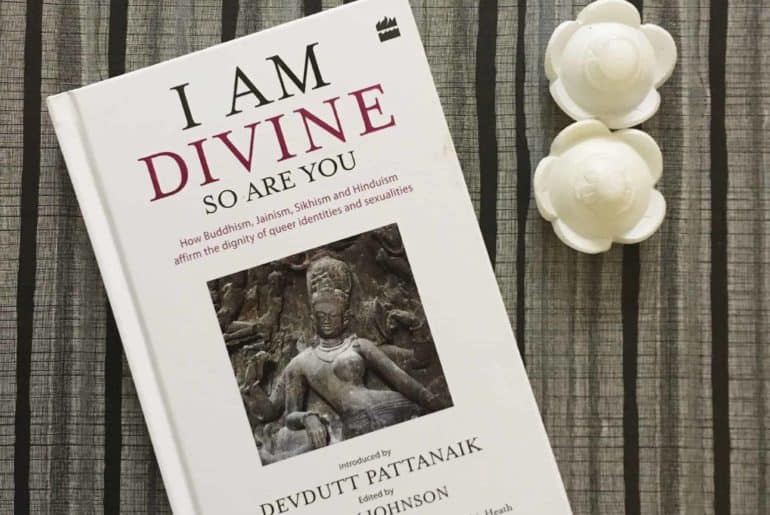Many would argue that our gender-equality oriented culture is prominently an on-going matter. It is very off-setting for the youth who openly recognise themselves as LGBTQ, and difficult for the people of the past generations to accept this culture on micro and macro levels. Sexual morality has varied greatly over time and between cultures. A society’s sexual norms and standards of sexual conduct can be linked to religious beliefs, or social and environmental conditions, or all of these. In his book, Devdutt Pattanaik, along with editor Jerry Johnsons and others have introduced the animating principles of the major karmic faiths (based on the beliefs of rebirth) related to sexuality. The karmic faiths Buddhism, Sikhism, Jainism, and Hinduism share many common roots. The holy scriptures of these religions contain stories, ideas, and narratives of different sexual orientations and gender identities. Sexual orientation and gender identity are two different concepts, as are sex and gender. On one hand, it is biological and on the other it is societal. Sexual orientation is the romantic indulgence towards other people and can range from heterosexuality to homosexuality etc. Gender identity is one’s sense of self as a woman, man, or transgender, and may be different from one’s biological sex. Through the introduction of the modern doctrine of secularism and keeping away organised faith from politics, economics, and identity, there have been escalating instances of societal problems like queer-phobia, which is the explicit and implicit hostility towards LGBTQ people. Hinduism reveals a greater comfort with transgender stories, like describing Lord Vishnu turning into a beautiful damsel Mohini, and Lord Shiva becoming a half- woman. Over time, the traditions and beliefs of the people changed and things turned hostile for the queer. Their exclusion and isolation- socially, economically, and politically- became the new tradition dear to different communities, religions, or nations. However, the overarching and fundamental wisdom common to these faiths make ample room to accommodate the queer with innovative ideas. These karmic faiths describe that our body, our personality, and our sexuality are outcomes of the karmic burden and they are therefore natural. While the third gender is acknowledged in India, homosexual unions are criminalised. This can be traced back to the conservative Christian and Islamic frameworks where there are notes of homoerotic love, like that between David and Jonathan, and it was described as “unnatural sex”. As you read through the book you will realise that the fundamental principle of equality is not a feature of karmic faiths, rather there is a celebration of diversity. They articulate the strains of beliefs that affirm the dignity of queer expressions and encourage a sense of identity that is authentic and liberated from social and illusionary constructions. Feature Image Credits: Radhika Boruah for DU Beat Radhika Boruah [email protected]]]>
Tag

